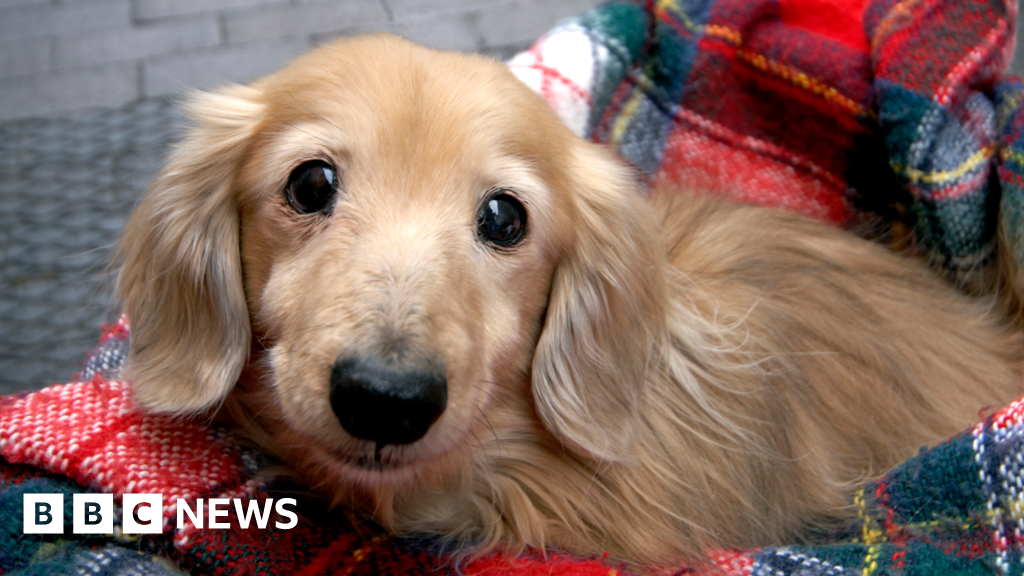Regulatory Changes Loom for UK Veterinary Sector: Price Caps on Services and Increased Transparency











2025-05-01T18:12:46Z

In a significant move aimed at reshaping the UK's veterinary landscape, the Competition and Markets Authority (CMA) has hinted at the implementation of price caps on essential veterinary services, including medications, cremations, and other treatments. This announcement comes as the CMA investigates the veterinary sector, which is valued at 2 billion, amid growing concerns over the escalating costs of veterinary services and a perceived lack of competition in the industry.
According to research conducted by the CMA, the costs associated with veterinary treatments have surged by an alarming 60% between 2015 and 2023. This rate of increase starkly contrasts with the inflation rates of general services, which stood at approximately 35% during the same timeframe. Such findings have raised eyebrows among pet owners and industry experts alike, prompting calls for regulatory interventions.
As part of the proposed reforms, the CMA is not only considering price caps but is also exploring the possibility of banning incentive structures that tie bonuses to specific treatments. This initiative is designed to preserve the clinical autonomy of veterinary professionals, allowing them to prioritize their patients' well-being over financial incentives. The CMA's report highlighted a troubling trend where vets are pressured to recommend treatments that may not be in the best interest of the pets, creating a conflict of interest.
Moreover, the CMA's investigation has revealed a worrying lack of transparency regarding treatment costs and available options. Many veterinary practices have been found to mark up the prices of medications excessively, with some instances showcasing prices inflated by as much as four times the original purchase cost. To rectify this situation, the CMA has proposed several measures that could enhance clarity for pet owners. Among these recommendations is the mandatory online display of prices for various services, including medications, surgeries, and emergency treatments.
Another contentious issue raised by the CMA involves pet cremation services. The regulator has pointed out that owners often face significant mark-ups on cremation services, especially during what is undoubtedly a vulnerable time. The proposals include the potential capping of these charges to ensure that grieving pet owners are not further burdened by exorbitant fees.
In addition to price caps and transparency measures, the CMA has suggested establishing a comparison website that would compel veterinary clinics to inform pet owners about cheaper alternatives whenever they are available. This initiative aims to foster a more competitive environment and empower pet owners with the knowledge they need to make informed decisions about their pets healthcare.
This regulatory scrutiny comes on the heels of a recent investigation conducted by the BBC, which revealed that many veterinarians feel pressured to meet financial targets set by their employers. The report highlighted the experiences of veterinarians working for IVC, a company that operates over 900 veterinary surgeries across the UK. These professionals reported that their clinical decisions were influenced by the need to generate income, raising ethical concerns about the veterinary profession.
IVC, however, has responded by asserting that the welfare of pets remains their foremost priority, emphasizing that their business practices are designed to support high-quality care. As part of the ongoing regulatory process, the CMA is expected to release a provisional report outlining its proposed measures during the summer months, with a final decision anticipated by November of this year. The outcomes of these deliberations could have far-reaching implications for the veterinary industry in the UK and set new standards for ethical practices and pricing transparency.
 Maria Kostova
Maria Kostova
Source of the news: BBC News